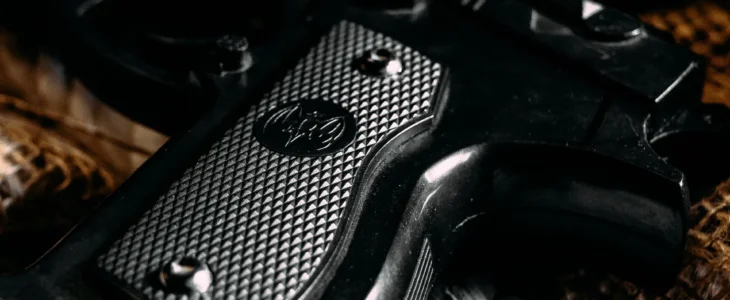If you’re a hunter, you enjoy recreational shooting, or have family heirloom guns in your collection, you should consider whether your estate plan includes adequate measures for passing on your guns. Without proper planning, your executor [aka Personal Representative] or beneficiaries could unintentionally break the law.
The first thing to consider is who can legally inherit a firearm. Under the Gun Control Act, several categories of people are federally prohibited from owning guns, including felons and people with mental illnesses, dishonorable discharges, domestic violence convictions, and domestic restraining orders.
It’s possible that you may not be aware of what’s going on in your beneficiary’s life at the time you make the bequest. Likewise, your executor [aka Personal Representative] may not know whether the recipient falls into one of these prohibited categories.
In that case, both the transfer and receipt of a firearm could constitute criminal behavior. Other complications arise when you wish to pass your firearms on to a minor child. An individual must be 18 to take possession of a rifle and 21 to own a pistol.
Here are some other factors:
The nature of the firearm:
The National Firearm Act puts additional restrictions on certain types of guns, including short-barreled rifles and shotguns, suppressors, machine guns, and large caliber weapons. These items cannot be transported or handled by another individual unless the registered owner is present, which presents a complicated challenge when the owner has passed away.
When the beneficiary lives in another state:
State laws may require additional background checks, permits, and notifications to transport a firearm across state lines.
Risk of incompetence:
If you are deemed incompetent before your death, your firearms may be subject to immediate confiscation.
These complications can be addressed using a gun trust. A trust, for example, allows you to add additional protections to the gift, such as requiring that your children reach a certain age, complete a safety course, or meet other requirements you deem appropriate. Trusts also provide a way to avoid probate, allowing you to keep your gun collection private and out of the public record.
Likewise, trusts can relieve pressure on your executor [aka Personal Representative]. You can name a trustee who knows federal and state gun law and is comfortable managing these assets. (Alternately, your representative can hire the services of a Federal Firearm Licensee, such as a licensed gun dealer, to hold the items and manage the required forms and background checks.)
Trusts can also provide a system for sharing the firearm among multiple beneficiaries, such as two children using the gun in alternating years. Trusts can provide a mechanism for keeping the items in the family for future generations, and they can protect your collection from confiscation if you’re found incompetent.
Finally, in the case of NFA-restricted firearms, a trust can simplify the transfer, registration, and approval process. A gun trust also provides a mechanism by which your trustee can legally possess NFA-restricted items before they are distributed to your heirs.

